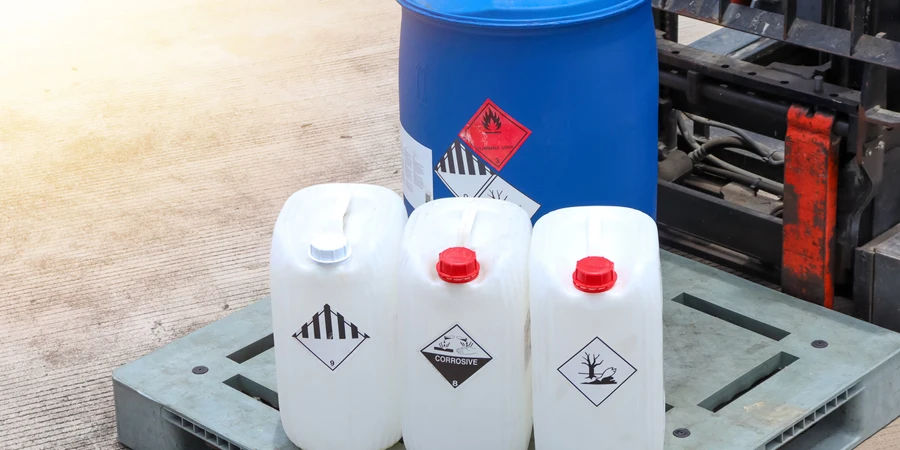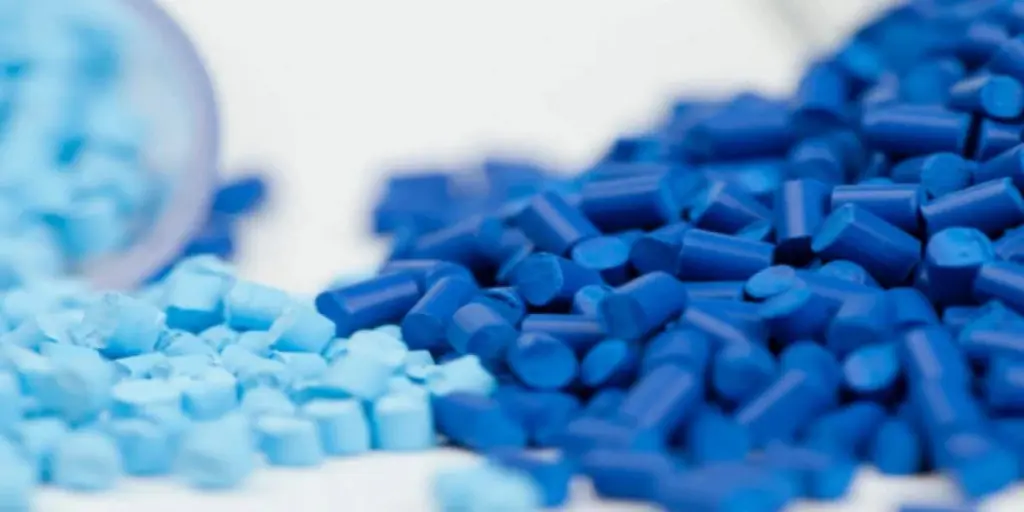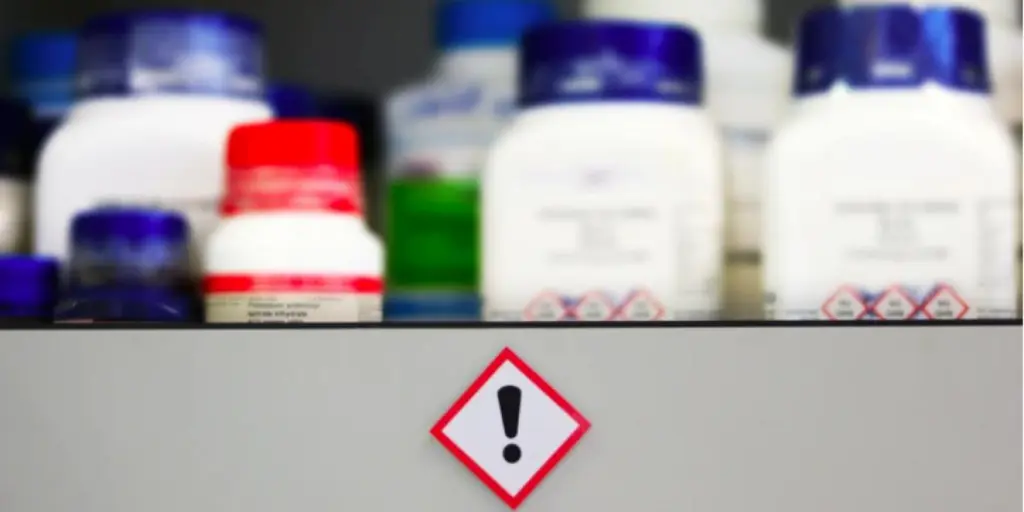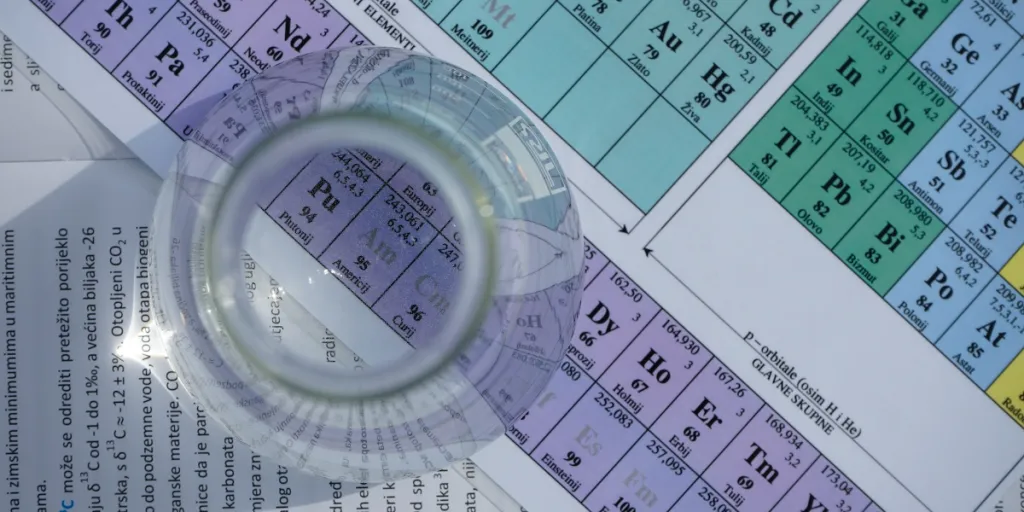EU Approves 2 Existing Active Substances Used in Biocidal Products
On January 16, 2024, trihydrogen pentapotassium di(peroxomonosulfate) di(sulfate) (CAS: 70693-62-8) was approved for use in biocidal products of product-types 2, 3, 4, and 5, in accordance with Regulation (EC) No 528/2012 of the European Parliament and the Council. Earlier on 15 January, Alkyl (C12-16) dimethylbenzyl ammonium chloride (CAS: 68424-85-1) was approved as an existing active substance for use as product-type 2, subject to the specifications in Table 2.
EU Approves 2 Existing Active Substances Used in Biocidal Products Read More »














